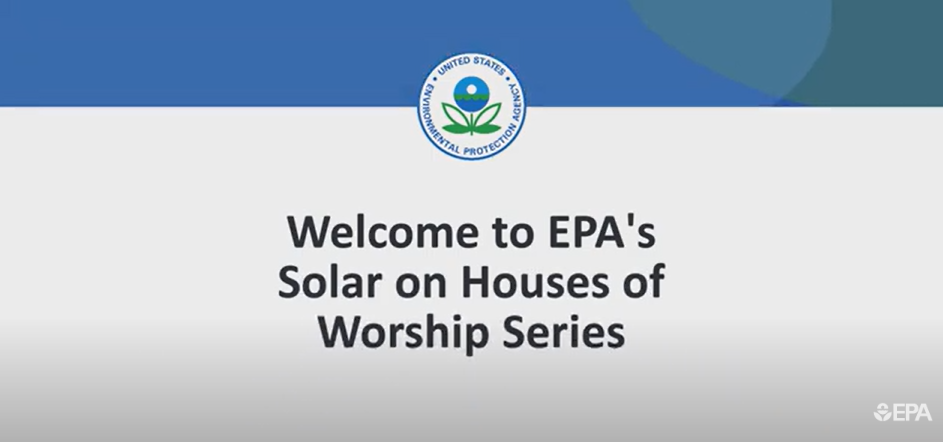Market Instruments
Many organizations undertake greenhouse gas (GHG) inventories using standardized approaches and principles to account for their GHG emissions and carbon footprint. From these inventories, organizations develop strategies to effectively manage and reduce GHG emissions and mitigate climate risk involved with their business operations. Through this framework, organizations utilize a variety of market instruments to track and substantiate emissions reductions. In the U.S. market, the common instruments used are:
- Renewable energy certificates (RECs)—used to manage indirect emissions.
- Carbon offsets—used to reduce direct global emissions.
While both RECs and offsets can help an organization lower its emissions footprint, they are different instruments used for different purposes. Think of offsets and RECs as two tools in your sustainability toolbox—like a hammer and a saw. They are not interchangeable. Both tools are used in building a house, but each one accomplishes specific tasks. For more information, see the Offsets and RECs: What's the Difference? (pdf) guidance document, which explains the differences between RECs and offsets, why and how an organization might use one or both, and common misconceptions. EPA's Green Power Partnership focuses on the usage of REC-based renewable electricity. Use of project offsets is beyond the scope of the Green Power Partnership.
The following table outlines the key differences between RECs and offsets:
| Basic Differences | Offsets | RECs |
|---|---|---|
| Unit of Measure | Metric tons of CO2 or CO2 Equivalent | Megawatt hours (MWh) |
| Source | Projects that avoid or reduce greenhouse gas (GHG emissions to the atmosphere) | Renewable electricity generators |
| Purpose | Represent GHG emissions reductions; provide support for emissions reduction activities; and lower costs of GHG emissions mitigation | Convey use of renewable electricity generation; underlie renewable electricity use claims; expand consumers’ electricity service choices; and support renewable electricity development |
| Corporate GHG Inventories and Reporting | Reduce or “offset” an organization’s scope 1, 2 or 3 emissions, as a net adjustment | Can lower an organization’s gross market-based scope 2 emissions from purchased electricity |
| Consumer Environmental Claims | Can claim to have reduced or avoided GHG emissions outside their organization’s operations | Can claim to use renewable electricity from a low or zero emissions source |
| Additionality Test Requirements | Required. Each project is tested for additionality to ensure that it is beyond business as usual. Tests include legal/regulatory, financial, barriers, common practice and performance tests. The combination of tests that is best suited to demonstrate additionality depends on the type of project. | Not required. Project additionality is not required for a renewable energy usage claim or to report use of zero-emissions power. |

